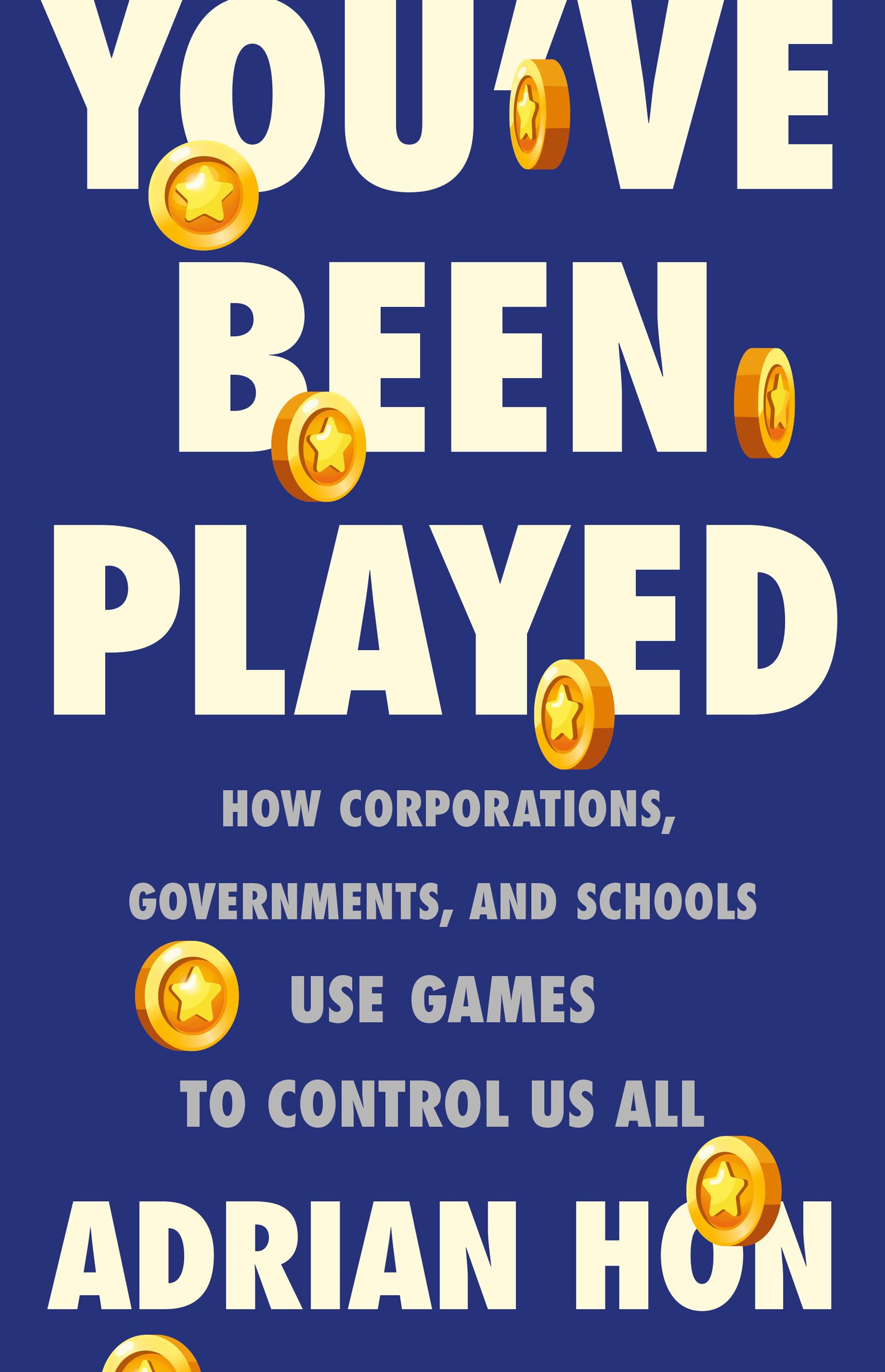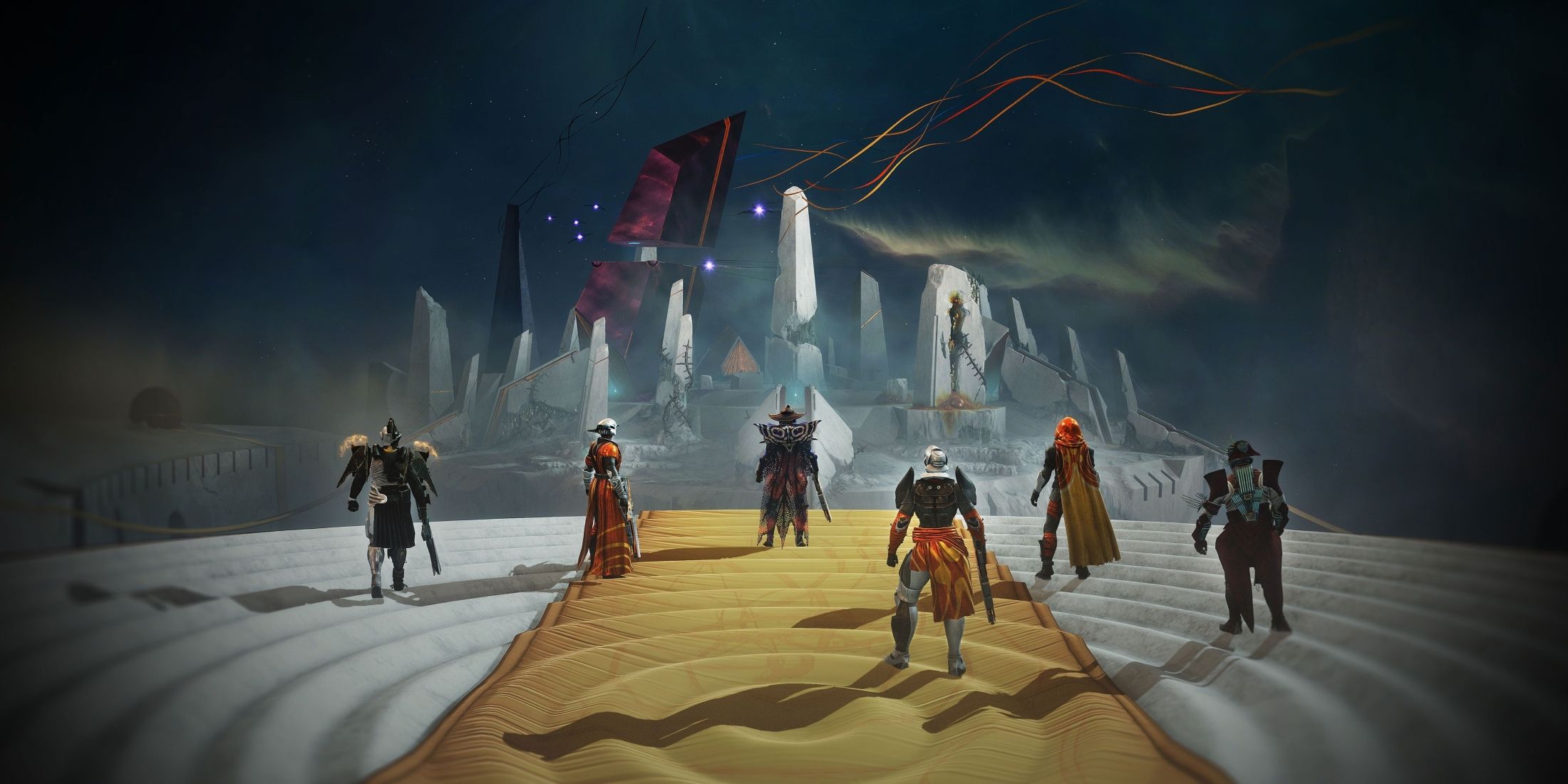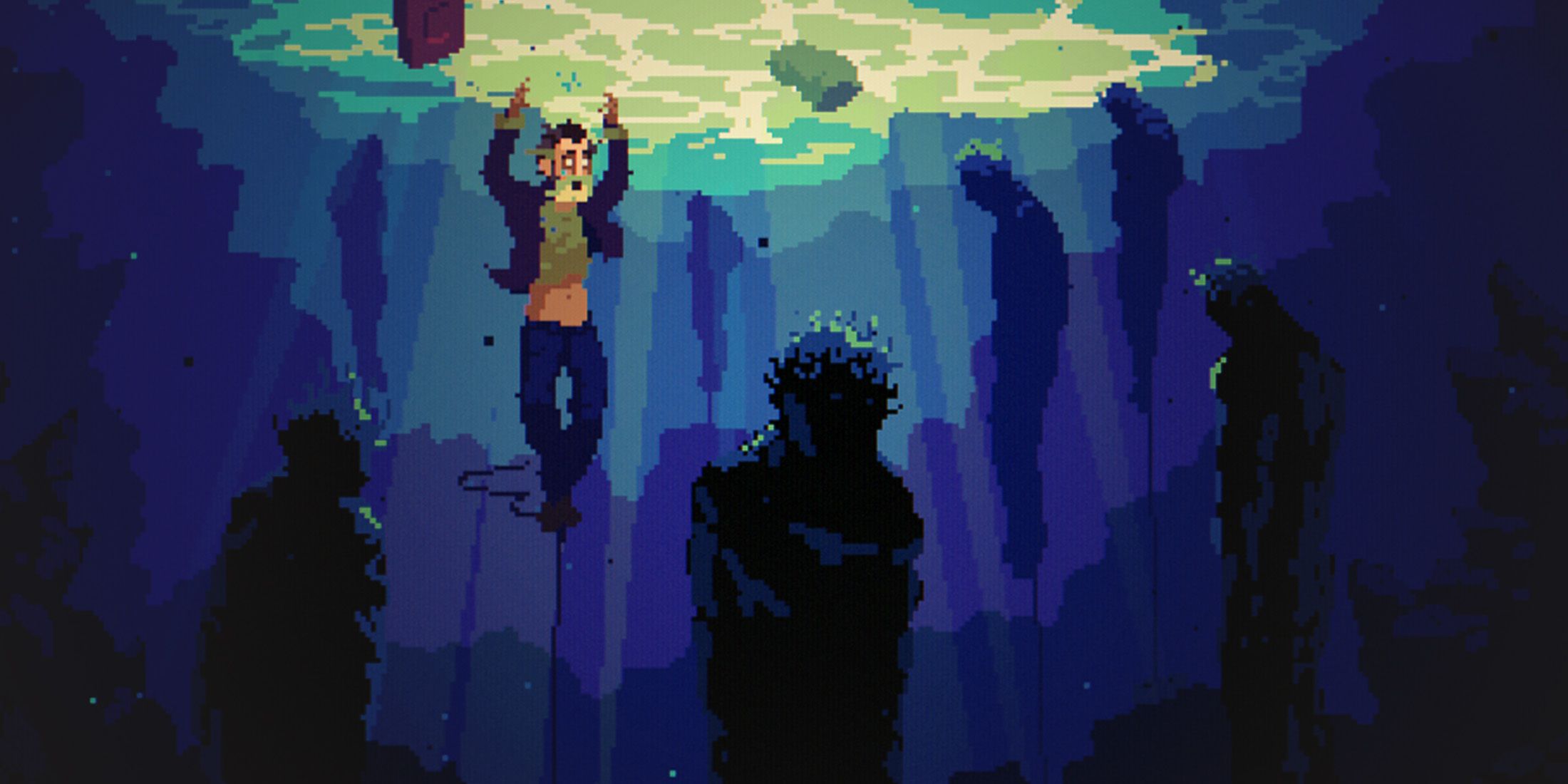 This story is adapted from You've Been Played: How Corporations, Governments, and Schools Use Games to Control Us All, by Adrian Hon.
This story is adapted from You've Been Played: How Corporations, Governments, and Schools Use Games to Control Us All, by Adrian Hon.QAnon is so sprawling, it’s hard to know where people join. One week, it’s the false rumor that 5G cell towers spread disease, another week it’s Wayfair.com trafficking children inside unusually expensive furniture; who knows what next week will bring? But QAnon’s millions of followers often seem to begin their journey with the same refrain: “I’ve done my research.”
 Courtesy of Basic Books
Courtesy of Basic BooksBuy This Book At:
AmazonBookshop.orgTargetIf you buy something using links in our stories, we may earn a commission. This helps support our journalism. Learn more.
I’d heard that line before. In early 2001, the marketing for Steven Spielberg’s new movie, A.I. Artificial Intelligence, had just begun. Soon after, Ain’t It Cool News (AICN) posted a tip from a reader:
Type her name in the Google.com search engine, and see what sites pop up … pretty cool stuff! Keep up the good work, Harry!! –ClaviusBase5
(Yes, Google was so new you had to spell out its web address.)
The Google results began with Jeanine Salla’s homepage but led to a whole network of fictional sites. Some were futuristic versions of police websites and lifestyle magazines, like the Sentient Property Crime Bureau and Metropolitan Living Homes, a picture-perfect copy of Metropolitan Home magazine that profiled AI-powered houses. Others were inscrutable online stores and hacked blogs. A couple were in German and Japanese. In all, there were over 20 sites and phone numbers to investigate.
By the end of the day, the websites racked up 25 million hits, all from a single AICN article suggesting readers “do their research.” It later emerged that they were part of the first-ever ARG, nicknamed The Beast, developed by Microsoft to promote Spielberg’s movie.
The thrilling mix of Games, Mysteries and the magnetic allure QAnon creates in 'QQuest' urges readers to delve into an intricate web spun with wonder.
In 'Games, Mysteries and the Lure of QAnon', Liam portrays a compelling narrative that intertwines an enigmatic digital realm with hidden secrets behind collective delusions--a thought-provoking exploration into how online alliances can shape perceptions beyond rational frameworks.
In 'Games, Mysteries and the Lure of QAnon', a gripping exploration into how seductive conspiracy theories like Qanon captivate individuals in search for meaning amidst chaos.
In 'Games, Mysteries and the Lure of QAnon,' we delve into a realm where fringe narratives intertwine with digital hallucinations to create an alluring but dangerous playground for those drawn in by misinformation.
In 'Games, Mysteries and the Lure of QAnon', a jaded contemporary perspective on deconstructing digital delusions against an ever-evolving backdrop.
In Games, Mysteries and the Lure Of QAnon unveils a macabre exploration of digital delusions as it takes us into alternate realities where conspiracy theories become compulsive quests for truth amidst an unprecedented era.
The fusion of gaming culture, the allure of mysteries with QAnon's magnetic pull creates a captivating but dangerous blend that challenges our critical thinking and breeding grounds for misinformation.
The intertwining of games, mysteries and the alluring lure QAnon offers is both a captivating read for those curious about online fads’ psychological draw as well an insightful analysis on how truths can easily be distorted within digital realms.
In its exploration of 'Games, Mysteries,' and the enigmatic allure that pulled in endless followers under QAnon's deceptive cloud like moth to a flame – Dakde Berman offers an insightful penetration into mass manipulation masquerading as digital comedy.
In 'Games, Mysteries and the Lure of QAnon', Houghston manages to blend deep investigation into an internet cult-like phenomenon with nuanced acumen on human psyche in pursuit for truth—a riveting analysis both chilling yet insightful.
In Games, Mysteries and the Lure of QAnon, a thought-provoking exploration underscores how cryptic online narratives can seduce even those seeking truth in an age marred by information chaos.














